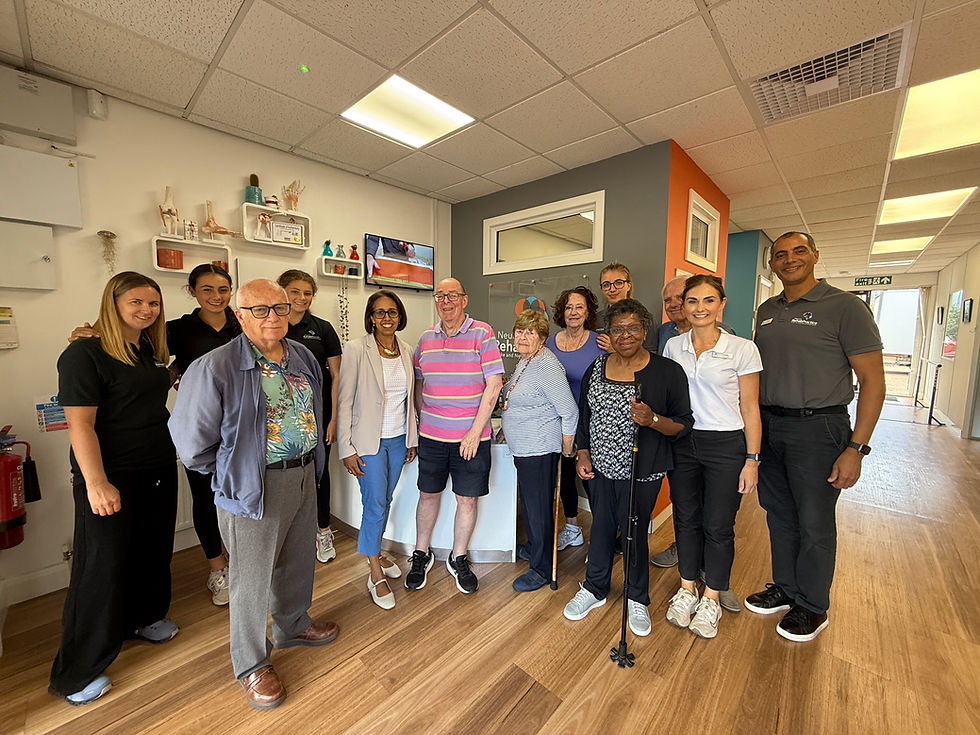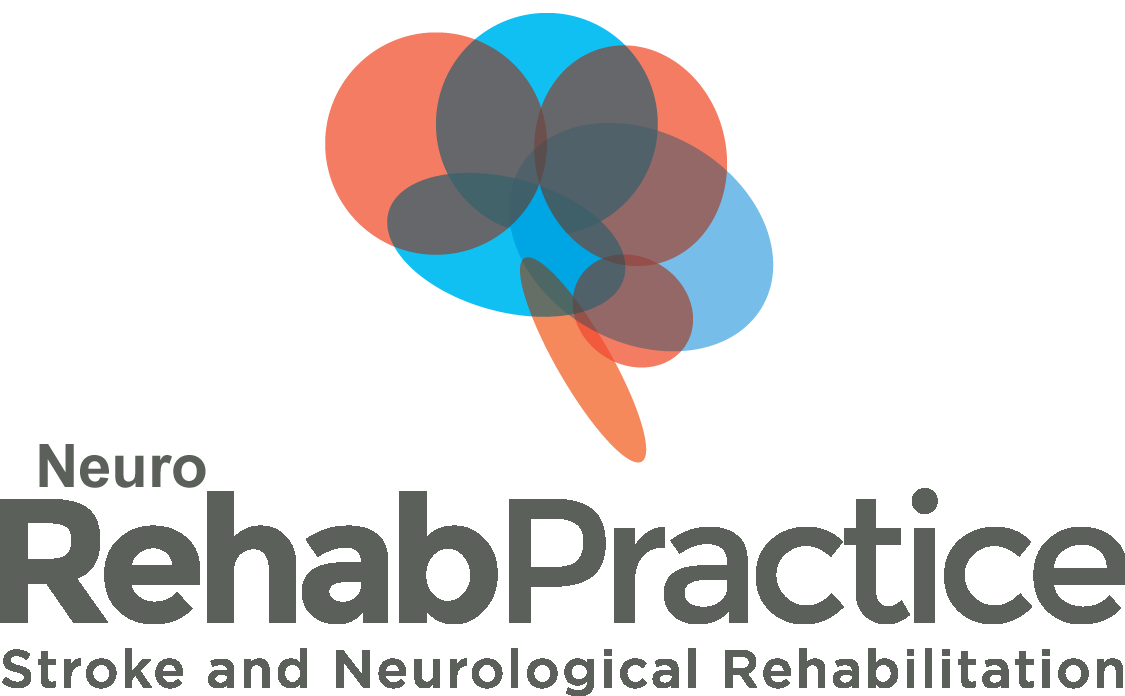Munira Wilson MP, Twickenham Visit: Hears from Stroke Survivors the Urgent Need for Equitable Access to Stroke Rehabilitation
- Richard Sealy

- Aug 6, 2025
- 3 min read

We were honoured to welcome our local Twickenham Munira Wilson MP to The Neuro Rehab Practice this week for what proved to be a powerful and emotional visit. As our local MP and a long-standing advocate for health equity, Munira spent time with several of our clients, stroke survivors and their family members who bravely shared their deeply personal journeys of recovery.
Each experience shared was as inspiring as it was sobering. Clients spoke with gratitude about the acute NHS care they received during and immediately after their strokes. However, a concerning pattern emerged in their experiences: most had limited access to community-based NHS rehabilitation, with many reporting that support ended just six weeks post-discharge. For most, the only option for ongoing recovery was to seek support through independent specialist neurorehabilitation, such as the specialism we provide at our clinic.
While they described these services as life-changing, many also acknowledged that such opportunities aren’t widely accessible. Some stroke survivors remain unaware of these options, while others simply can’t afford them, raising serious concerns about inequality and missed potential for long-term recovery.
Gaps in Post-Stroke Support Pathways
A major theme during Munira’s visit was the critical gap in support following the 6-week community rehab window or after the 6-month stroke review, which is part of the NHS stroke pathway. Despite being a key milestone, many of our clients reported receiving little or no signposting to independent or third-sector rehabilitation services after that point.
From a clinical perspective, we also explored the ethical challenges facing NHS professionals, who are often prohibited from informing patients about reputable independent services, even though they might readily recommend a local painter or decorator. This inconsistency leaves many stroke survivors without the full picture of what’s available to them.
Right to Rehab
Naturally, these conversations led us to the “Right to Rehab” campaign, an initiative we strongly support and one that resonates deeply with our values. We echoed the Chartered Society of Physiotherapy’s (CSP) call for equity in rehabilitation, where access is based on need, not geography or income.
Munira’s presence and engagement with our clients added vital momentum to this conversation, and we’re grateful for her continued support as a compassionate and effective advocate for healthcare reform.
Combating Isolation and Building Community
As Director and Principal Neurophysiotherapist, I was deeply moved by the appreciation our clients expressed—not only for the therapy they receive but for the sense of community, purpose, and hope it brings. This visit was a timely reminder that high-quality neurorehabilitation goes far beyond physical recovery. Social connection, peer learning, and emotional wellbeing must be integral parts of any effective rehab model.
We’re proud to collaborate with charities like Different Strokes, which provide subsidised independent neurophysiotherapy for those who qualify. We also run a number of community and group-based initiatives, including:
• Roll and Stroll: A free monthly event in Bushy Park, open to stroke survivors and their families, offering light activity, social support, and neuro-specialist guidance in a relaxed outdoor setting.
• Neuro Specialist Group Classes: Peer-led, therapist-supported sessions focused on rehab, confidence building, and functional fitness.
Our Ongoing Commitment
We’re eager to continue supporting the CSP and other stakeholders in driving the systemic change our patients need and deserve. As a specialist clinic, we remain committed to delivering excellent care while also advocating for wider access, better signposting, and an integrated, inclusive approach to neurorehabilitation.
We welcome continued dialogue with policymakers, health professionals, and community organisations to ensure no stroke survivor is left behind.



Comments